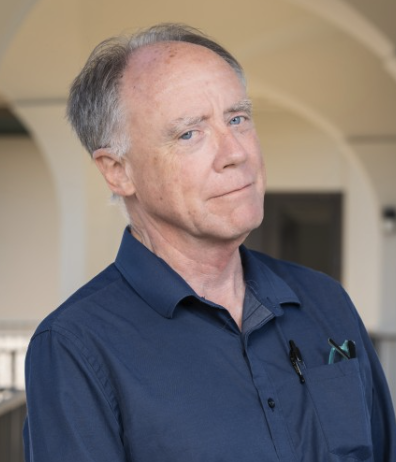-
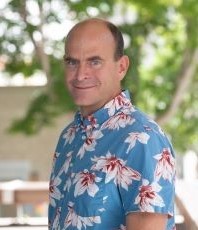
Associate Professor Kam Arnold develops technology for the next generation of detectors and telescopes to measure the intensity and polarization of the Cosmic Microwave Background.
-

Professor Steven Boggs is an experimental astrophysicist specializing in the development of novel instrumentation and techniques to study nuclear astrophysics, particle astrophysics, and compact objects.
-
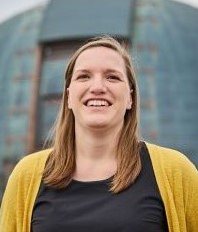
Assistant Professor Floor Broekgaarden works in the intersection of data science, statistics, and astrophysics with a focus on developing the new frontier of "gravitational-wave paleontology": studying the formation, lives, and explosive deaths of massive stars across cosmic time from their “fossils” as black hole and neutron star mergers via gravitational waves.
-

Professor Adam Burgasser applies observational techniques to discovering and characterizing the lowest-mass stars, brown dwarfs, and extrasolar planets.
-
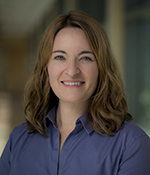
Professor Alison Coil is an observational astrophysicist that specializes in understanding galaxy formation and evolution. Professor Coil is the Chair of the Department of Astronomy & Astrophysics.
-
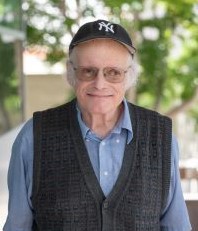
-
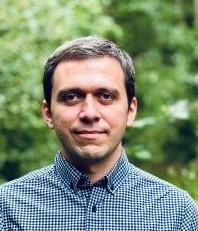
Assistant Professor Griffin Hosseinzadeh specializes in observations of explosive astronomical transients, particularly supernovae and kilonovae, which he uses to study the poorly understood late stages of stellar evolution.
-
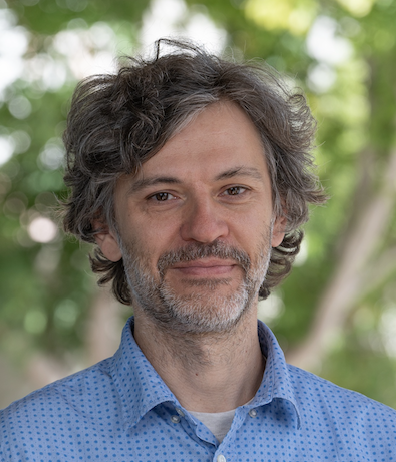
Professor Dusan Keres is a theoretical astrophysicist that specializes in using advanced simulations to understand galaxy formation and evolution.
-
Professor Quinn Konopacky uses high resolution techniques on large ground based telescopes to study star and planet formation and evolution.
-
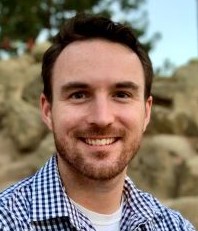
Assistant Professor Kyle Kremer is a theoretical astrophysicist specializing in compact objects, the dynamics of dense stellar systems like globular clusters, and the formation of gravitational wave sources and high energy transients.
-
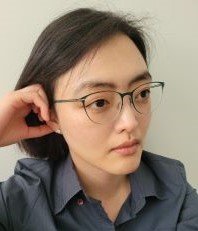
Associate Professor Eve J. Lee is a theoretical astrophysicist specializing in star and planet formation, using a wide range of tools from analytic calculations to numerical simulations.
evelee[@]ucsd.edu -
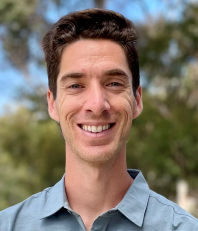
Assistant Professor Ethan Nadler is a computational astrophysicist who specializes in galaxy formation, dark matter, and near-field cosmology, with a focus on cosmological simulations of dwarf galaxies and dark matter halos.
enadler[@]ucsd.edu -
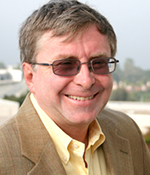 Distinguished Professor Mike Norman is a Professor of the Graduate Division who specializes in computational astrophysics, with programs in cosmology, galaxy formation, star formation, and high-energy astrophysics.
Distinguished Professor Mike Norman is a Professor of the Graduate Division who specializes in computational astrophysics, with programs in cosmology, galaxy formation, star formation, and high-energy astrophysics. -
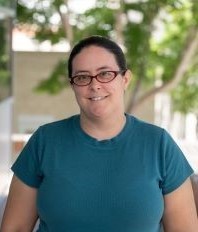
-
Assistant Professor Theissen explores the habitability of planets around the smallest stars by combining large survey datasets and machine learning methods to examine stellar and exoplanet demographics.
-
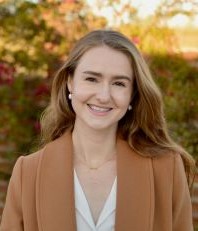
Assistant Professor Samantha Trumbo is an astronomer and planetary scientist who studies the surfaces, atmospheres, and potential habitability of planetary bodies in the outer solar system using ground- and space-based telescopes and data from spacecraft exploration missions.
-
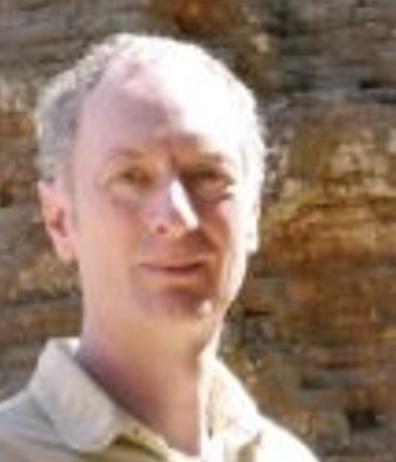
-
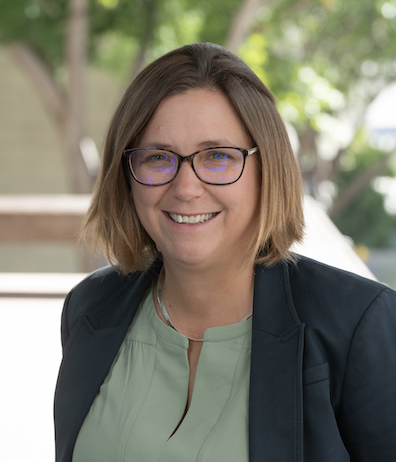
Professor Shelley Wright is an experimental and observational astrophysicist that specializes in optical and infrared instrumentation, galaxy formation and evolution, and technosignatures.
Faculty
Astronomy & Astrophysics faculty pursue cutting-edge research at all scales of the Universe through instrumentation, observation, simulation, and theory. The A&A departmental faculty are included in the list below.
Physics faculty that are active in the area of astrophysical research are Associate Professor Dan Green, Associate Professor Raphael Flaugher, Distinguished Professor George Fuller, Professor Brian Keating, and Associate Professor Tongyan Lin.
Affiliate Faculty
Emeritus Faculty
-
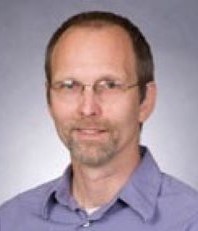
Physics Emeritus Professor Kim Griest has worked in theoretical and experimental cosmology, for example, dark matter, dark energy, gravitational lensing, and extra-solar planets, as well other aspects of particle astrophysics and the early universe.
-
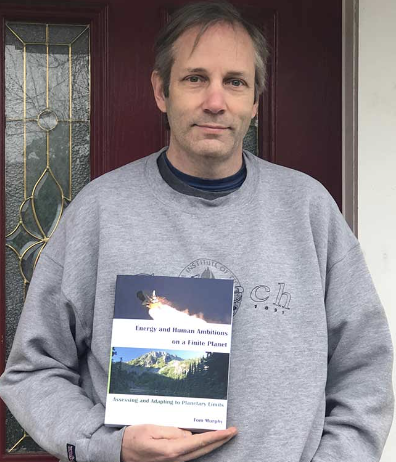 Emeritus Professor Murphy is an expert in astrophysics instrumentation and is known for his experiments with infrared spectroscopy of galaxies and for his precision lunar ranging tests to explore the principles of General Relativity. Professor Murphy has shifted his interests towards assessment of planetary limits and the fundamental mismatch between modernity’s demands and ecological sustainability.
Emeritus Professor Murphy is an expert in astrophysics instrumentation and is known for his experiments with infrared spectroscopy of galaxies and for his precision lunar ranging tests to explore the principles of General Relativity. Professor Murphy has shifted his interests towards assessment of planetary limits and the fundamental mismatch between modernity’s demands and ecological sustainability.
